
INGREDIENTS

At the heart of our philosophy are the ingredients in our products. We are obsessed with sourcing only quality, non-GMO, free-trade, gluten-free, vegetarian, organic products. Every product you receive will contain only the highest quality ingredients to nourish the body.
The herbs we use in our products are not intended to cure illness but rather to enhance daily life. Our philosophy encourages the use of our products regularly to assist in sustaining the whole body and unlocking true wellness.

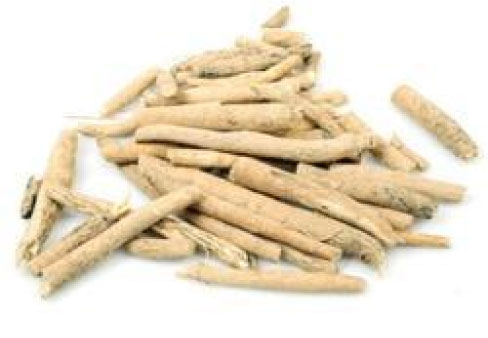
Ashwaganda Root
An exotic Indian herb, Ashwagandha has remarkable stress-relieving properties comparable to those of powerful drugs used to treat depression and anxiety. It improves mental ability, reduces anxiety, lowers cholesterol, reduces negative effects of stress, regulates blood sugar, increases vitality, and increases white blood count. Even more remarkable, emerging evidence suggests that Ashwagandha has anti-cancer benefits as well. The herb may also protect the brain from the oxidative stress that leads to neurodegeneration.
Blackberry Leaf
Much of the antioxidant power of blackberry leaf tea can be attributed to its high concentration of flavonoids. In fact, a Polish study found that blackberry leaves contain even more flavonoids than raspberry leaves. Flavonoids are one of the most researched phytochemicals, and evidence suggests that these powerful compounds may help reduce the risk of fatal cardiovascular problems and relieves mucous membrane inflammation.
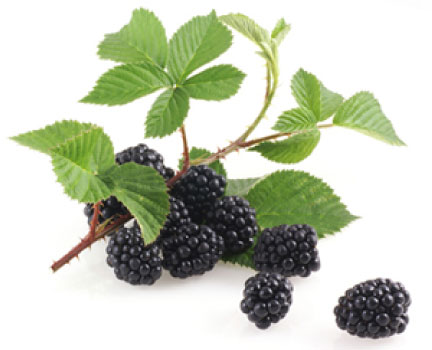
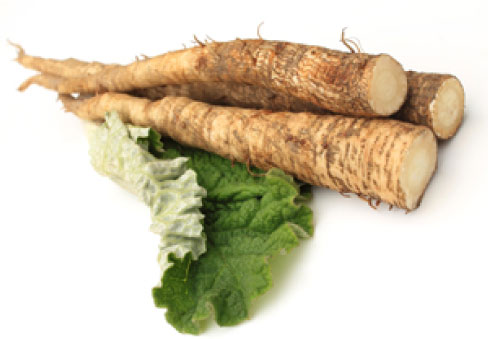
Burdock Root
Burdock has an ancient and respected reputation as a nutritive liver tonic that helps to clean and build the blood, while its diuretic action of burdock helps in the elimination of waste materials. Taken internally, this root promotes sweating and the elimination of harmful high levels of uric acid via the kidneys. The roots, leaves, and seeds of burdock can all be used, but in commercial preparations, you’ll most commonly find the root. Rich in minerals, this plant is used as a food by many cultures.
Cleavers
One of the best remedies for swollen glands, cleavers can help with many lymphatic issues like edema or swelling. It combines well with urinary demulcents to relieve painful bladder and urinary irritations, stones, and gravel, or other obstructions. Cleavers has been used as a common domestic herbal remedy for a number of conditions.
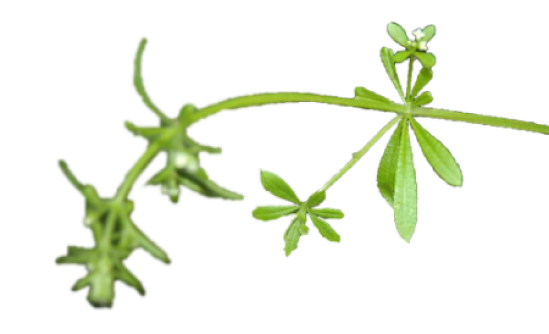
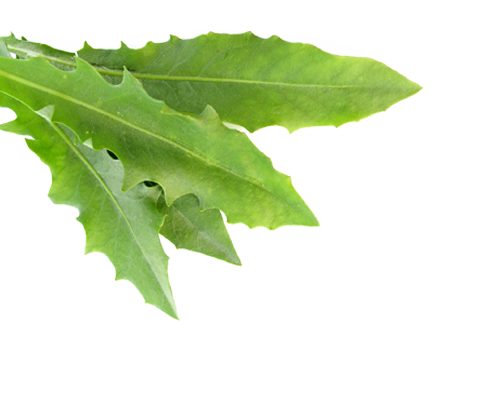
Dandelion
Folk medicine claims the dandelion plant is a powerful healer, used to purify the blood, settle digestion, and prevent piles and gall stones, among other maladies. The fact is the greens of the humble dandelion provide 535 percent of the recommended daily value of vitamin K, which may be the most important source of any other plant-based food to strengthen
Elder Berry
Modern research holds that elderberries may have anti-inflammatory, antiviral, and anticancer properties. One study suggested that the elderberry extract Sambucol could shorten flu duration by up to three days. Elder Berries are full of vitamins that strengthen and support the whole body. Elderberries are reported to be of value as an alternative remedy in rheumatic conditions. They also soothe inflamed nerves and help improve poor circulation, benefit the eyes and upper respiratory system, and contain flavonoids, vitamin C, beta-carotene, potassium, B6, and fiber.
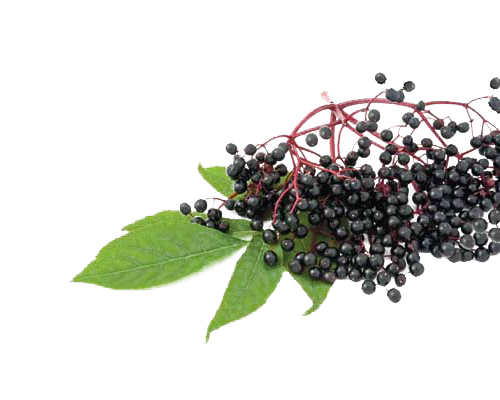
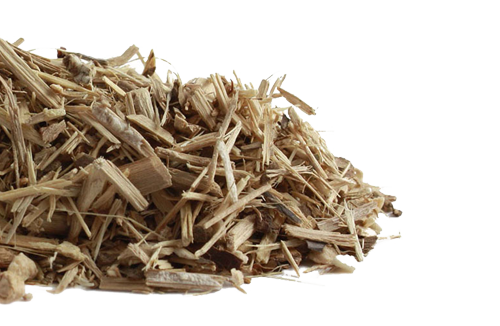
Eleuthero
Consumption of Eleuthero and its preparations enhances immunity, increases strength, stimulates sexual function, improves sleep, helps the body during times of oxygen deprivation, enhances cardiovascular function, improves overall athletic performance, and sharpens mental alertness. Probably more than any other herb studied, Eleuthero demonstrates the capacity to improve all aspects of human performance. Classified as an adaptogen, Eleuthero improves general resistance to a wide variety of adverse health influences –
Fennel Seed
Fennel seeds are
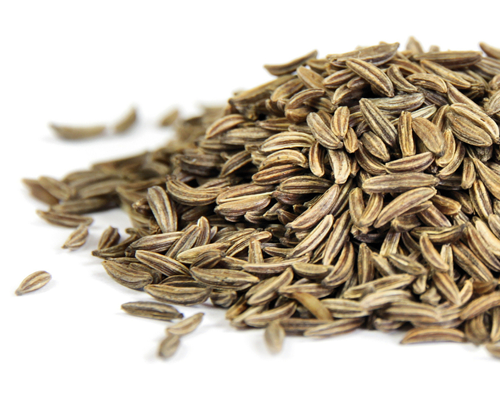
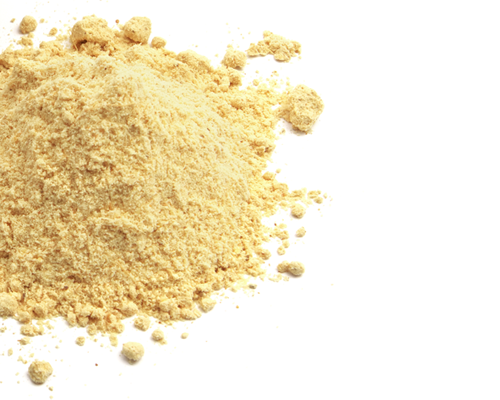
Ginger Root
Ginger contains a very potent anti-inflammatory compound called gingerol, which the substance responsible for alleviating joint and muscle pain. According to a study published in the Journal of Medicinal Food, ginger affects certain inflammatory processes at a cellular level. Ginger works on migraines by blocking prostaglandins, which stimulate muscle contractions, controls inflammation in the blood vessels, relaxes the intestinal track, and impacts some hormones.
Gingko Leaf
Ginkgo leaf is believed to help patients who want to improve their circulation. Ginkgo leaf can also assist those who suffer from mental health problems, including Alzheimer’s Disease, panic attacks, depression, mood swings, loss of short term memory, and ADD. Other benefits of the herb include improved learning, enhanced social behavior, better physical function in daily activities, and improved mood. Ginkgo increases cerebral circulation, protects the heart, reduces capillary fragility, balances cardiac functions, prevents formations of blood clots, and helps restore strength and energy.
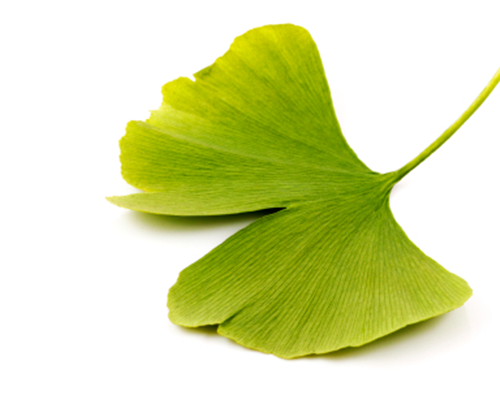
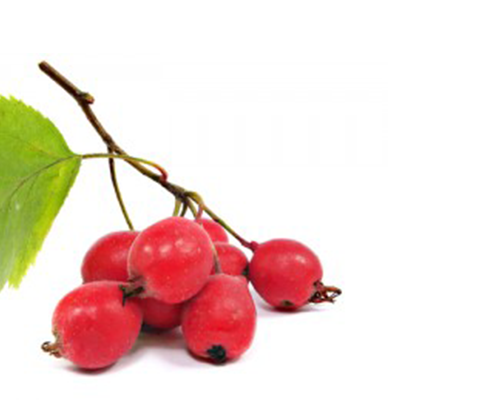
Hawthorn Leaf and Berry
Hawthorn relaxes smooth muscles of the coronary artery walls and allows more blood to flow into the cells of the heart. Antioxidants, including proanthocyanidins and flavonoids, in hawthorn leaf, flower, and berry strengthen blood vessels and even heal damaged vessel walls. Hence, hawthorns usefulness for
Green Tea Leaf
Green tea, particularly green tea made from loose leaves, is an excellent source of antioxidants such as catechins. Green tea is rich in theanine, a beneficial amino acid found almost exclusively in Camellia sinensis plants. Research suggests that theanine in tea plants helps boost the immune system and prevent infections. There is some evidence suggesting that people who drink green tea may benefit from superior cardiovascular health, improved brain function, and a lowered risk of cancer.
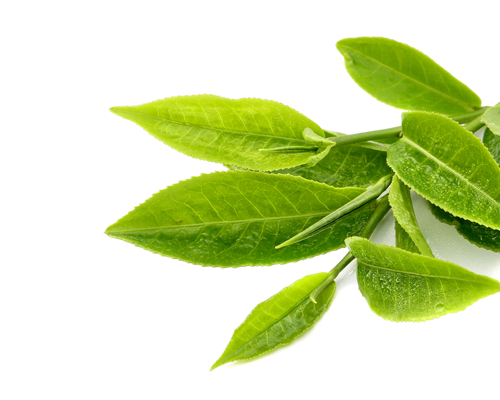
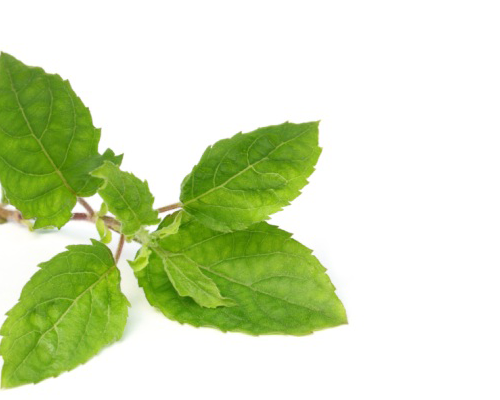
Holy Basil
Holy basil (Ocimum
Hibiscus Flower
The health benefits of hibiscus tea include relief from high blood pressure and high cholesterol, as well as digestive, immune system, and inflammatory problems. It can also speed up the metabolism and help in healthy, gradual weight loss. Hibiscus tea is rich in vitamin C, minerals, and various antioxidants, and also helps treat hypertension and anxiety, as well as constipation. Studies have also suggested that the antioxidant properties of hibiscus tea may also help in treating liver disease. Consumption of hibiscus tea can help calm down the nervous system, and it may reduce anxiety and depression by creating a relaxed sensation in the body and mind.
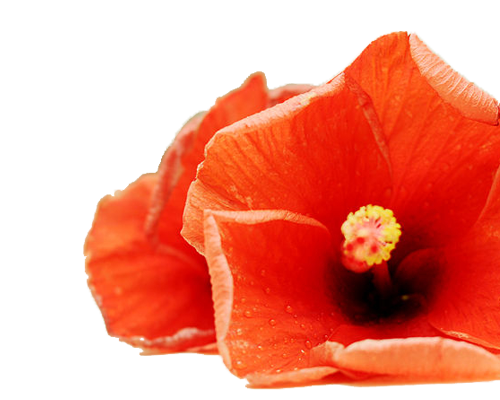
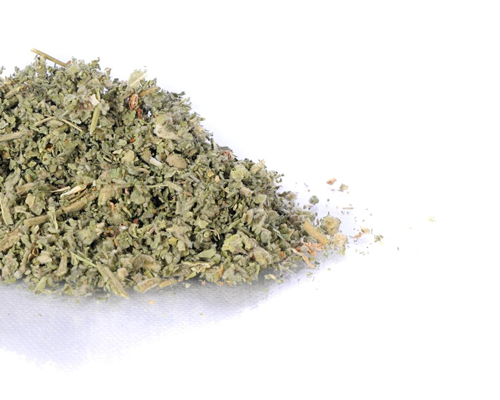
Linden Flower
In herbal medicine, linden tea is recommended to combat anxiety and promote relaxation. A problem that linden tea is known to help with is in clearing up any problems with the gallbladder or digestive system. Another important use of linden tea is its ability to help those
Lemon Balm Herb
Lemon balm herb is used for nervous agitation, sleeping problems, functional gastrointestinal complaints, menstrual cramps
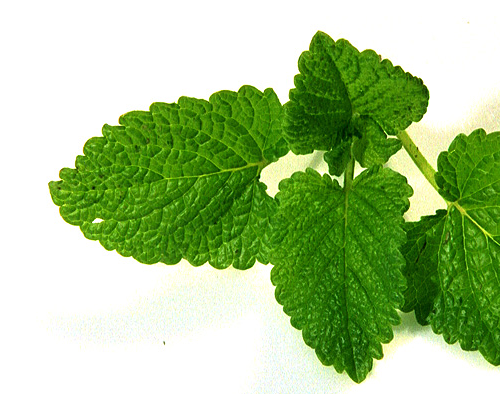
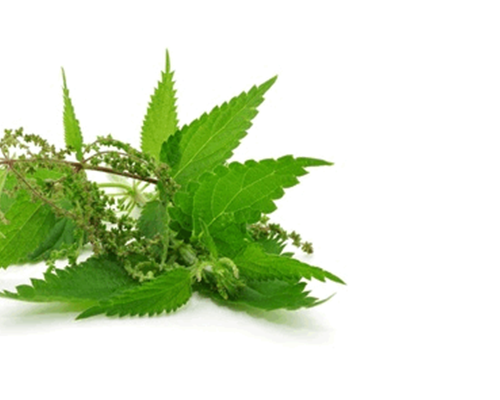
Nettles
Stinging nettle has been used for hundreds of years to treat painful muscles and joints, eczema, arthritis, gout, and anemia. Today, many people use it to treat urinary problems during the early stages of an enlarged prostate, urinary tract infections, and hay fever. Nettle is particularly effective as a diuretic, so it helps prevent most types of kidney stones, too. By keeping water flowing through the kidneys and bladder, nettle helps keep crystals from forming into stones and washes bacteria away. Stinging nettles protects against hair loss, allergies, osteoarthritis, internal bleeding, uterine bleeding, nosebleeds
Marshmallow Leaf
Marshmallow has expectorant and demulcent properties, which accounts for this herb’s historical use as a remedy for the respiratory tract, particularly in cases of irritating coughs with bronchial congestion. Marshmallow leaf relieves irritation by coating inflamed surfaces. Its primary use in modern herbal medicine is to relieve sore throat, but it also relieves perianal inflammation (when taken orally) caused by severe diarrhea. It also has mild antibacterial, anti-allergy
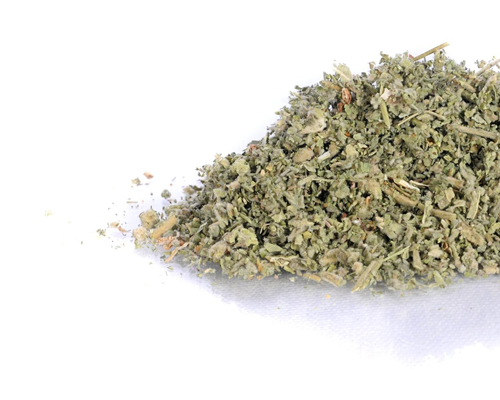
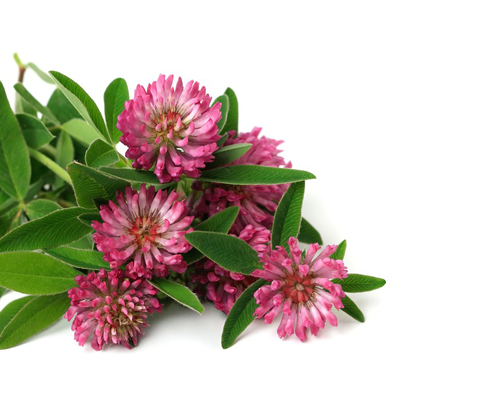
Red Clover Blossoms
Red clover is a source of many valuable nutrients including calcium, chromium, magnesium, niacin, phosphorus, potassium, thiamine, and vitamin C. It is believed that red clover may help to prevent heart disease in several ways. Although results from human studies are not definite, some show that taking red clover may lower the levels of ‘bad’ low-density lipoprotein cholesterol (LDL) and raise the levels of ‘good’ high-density lipoprotein (HDL) cholesterol in the body. In addition, red clover may also promote an increase in the secretion of bile acid. Additionally, red clover contains small amounts of chemicals known as coumarins, which may help keep the blood from becoming thick and gummy.
Orange Peel
Orange peels contain more than 60 types of flavonoids and over 170 different types of phytonutrients, in addition to being rich in various pectins, vitamins, minerals
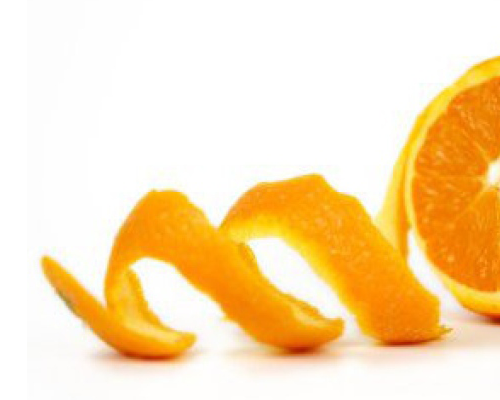
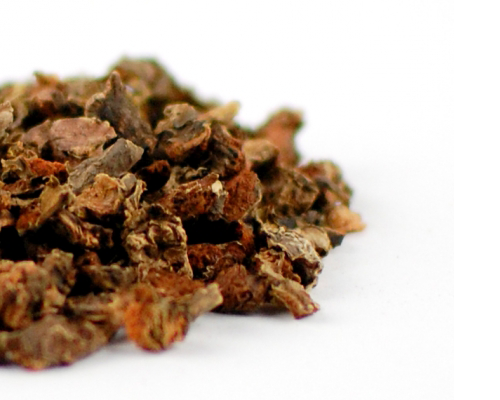
Rhodiola Root
Rhodiola rosea relieves stress through balancing the body’s stress-response system by by acting as an adaptogen—an agent that strengthens the body’s response to physical, mental, and emotional stressors. It is believed that rhodiola enhances thebody’s tolerance to stress by influencing key brain chemicals, such as serotonin and norepinephrine, and natural feel-good opioids such as beta-endorphins. As well as enhancing memory, rhodiola also helps strengthen the body, making it more resilient to challenges such as exercise and fatiguing tasks.
Rooibos
Anyone who has ever suffered from asthma, skin issues, eczema, insomnia, bone weakness, or hypertension may want to consider drinking rooibos tea. The United States Department of Agriculture has confirmed many of the health benefits of drinking rooibos tea including its ability to reduce the risk of various types of cancer, heart disease, and premature aging. It’s also a great tea to drink when suffering from stomach cramps or other digestive problems. Furthermore, the tea is rich in minerals that may help boost the immune system and keep the body healthy. It contains calcium, iron, potassium, copper, fluoride, manganese, magnesium, zinc and alpha hydroxy acid.
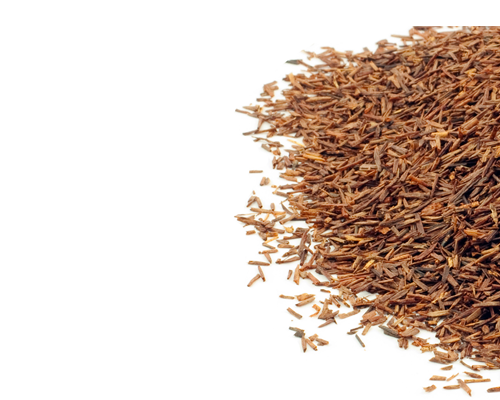
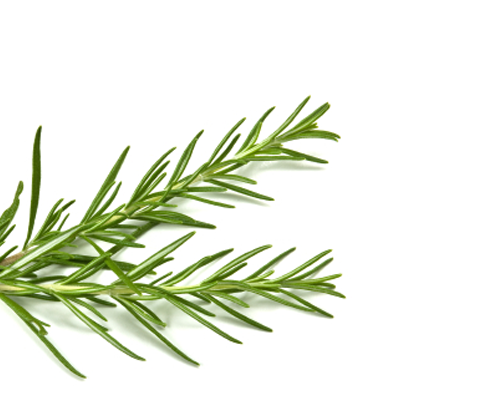
Rosemary Leaf
Rosemary contains substances that are useful for stimulating the immune system, increasing circulation, and improving digestion. Rosemary also contains anti-inflammatory compounds that may make it useful for reducing the severity of asthma attacks. In addition, rosemary has been shown to increase the blood flow to the head and brain, improving concentration. It also benefits memory, skin, and longevity.
Schisandra Berry
As early as 2 thousand years ago,
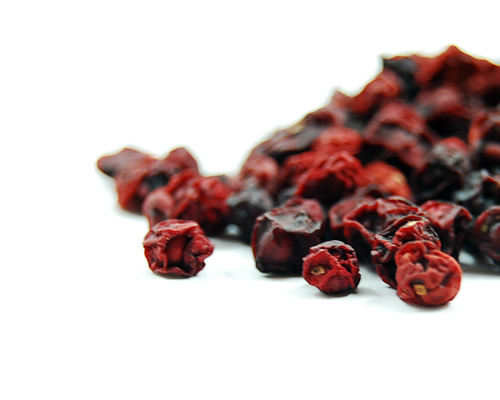
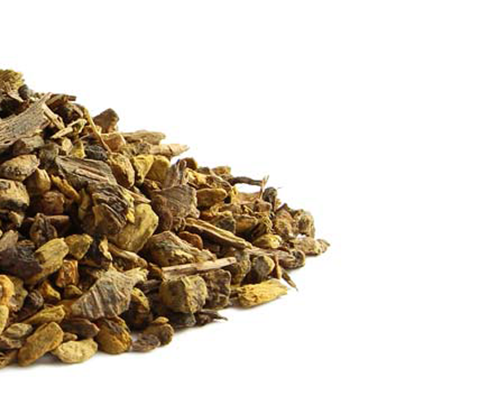
Yellow Dock Root
Glycosides found in yellow dock root can help stimulate the liver. Like dandelion and burdock roots, yellow dock roots and preparations are used to improve conditions related to a sluggish digestive system, such as liver dysfunction, acne, headaches, and constipation. Because it improves

